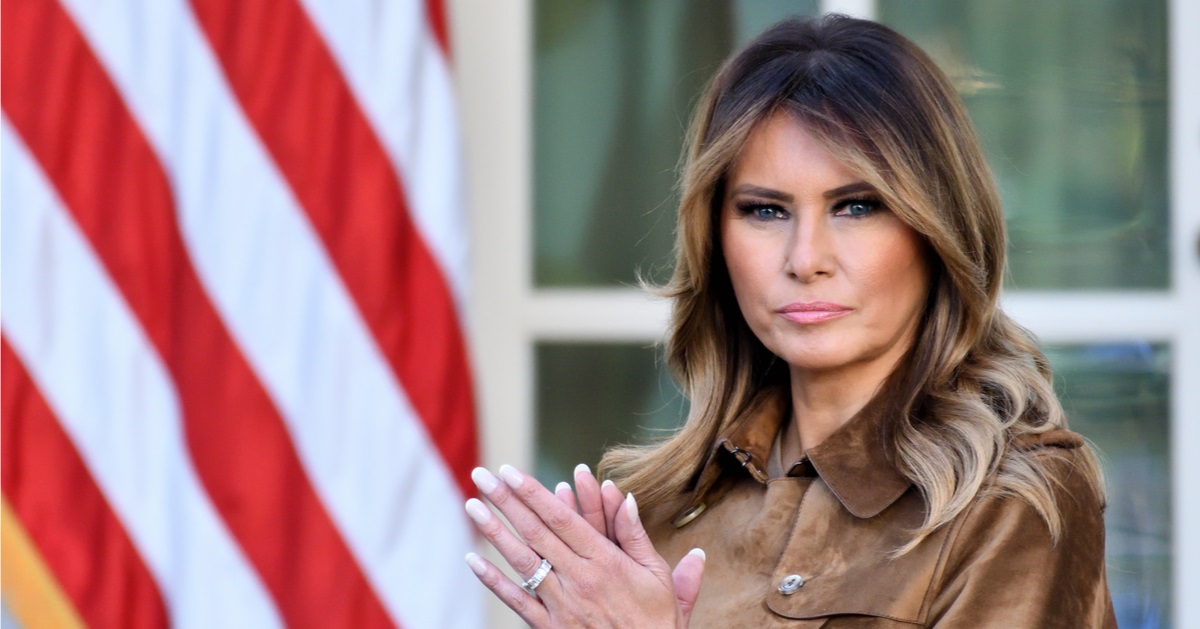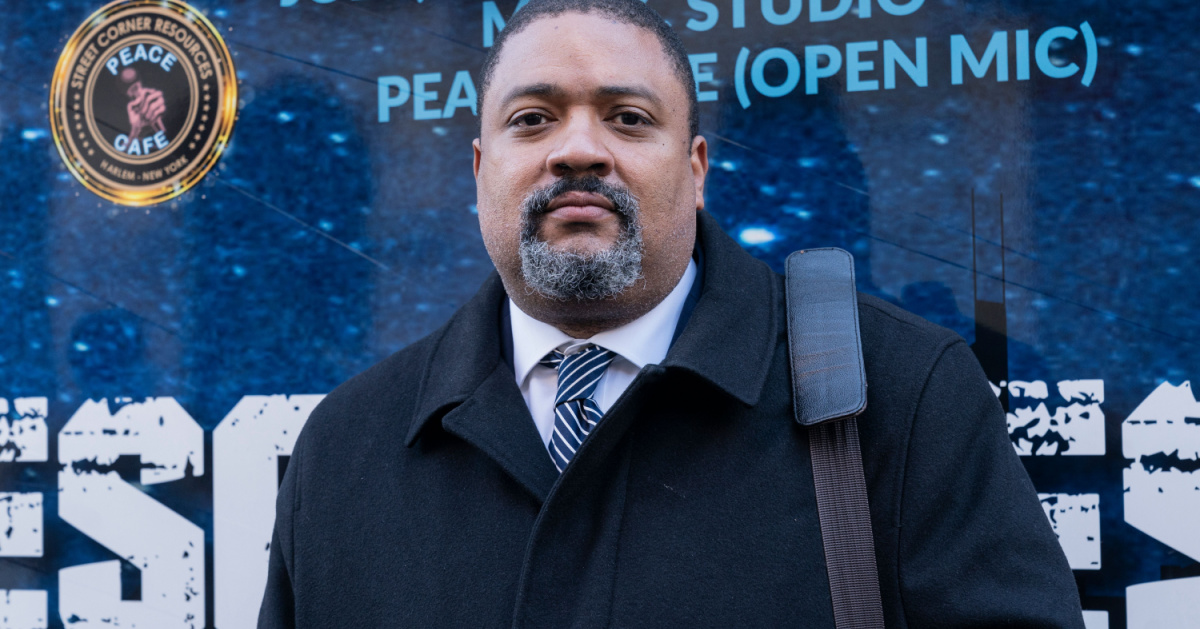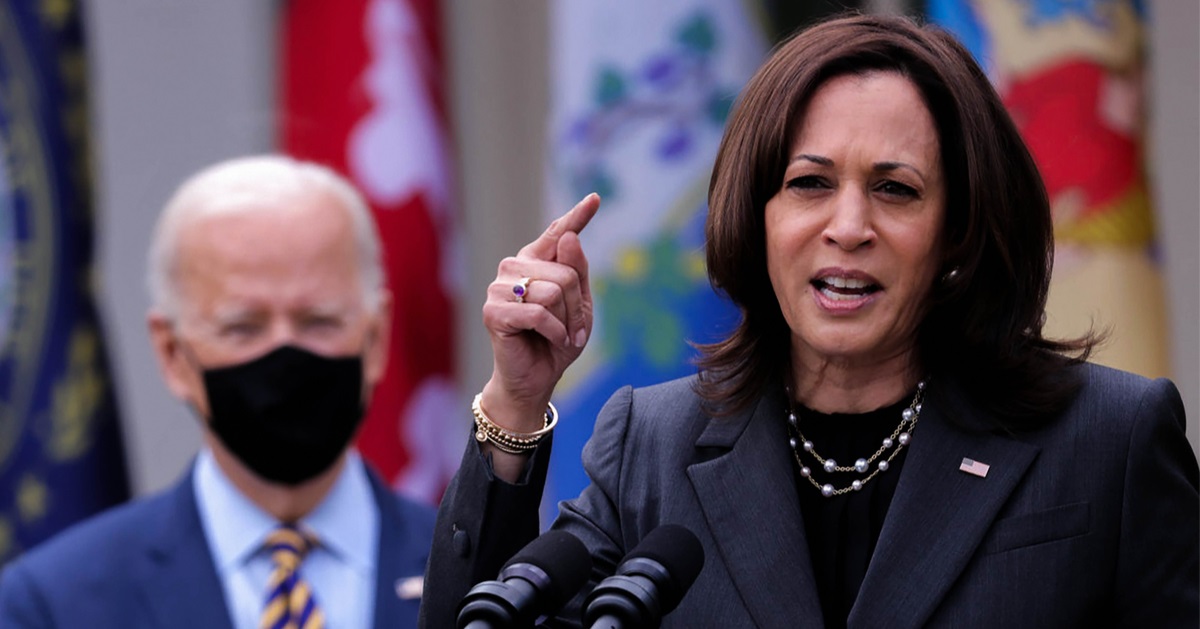X platform requests SCOTUS review of Jack Smith's secret subpoena and gag order for Trump's data
In 2023, as part of his effort to prosecute former President Donald Trump, Special Counsel Jack Smith served Twitter, now known as X, with a secret subpoena for all of Trump's data on the social media platform paired with an order prohibiting the company from notifying Trump about what occurred.
Now X has pushed back against Smith's subversive tactics with a request for the Supreme Court to review everything that happened, according to The Hill.
The outlet noted that if the Supreme Court takes up the petition and ultimately decides in favor of the company's arguments, the case has the potential to "radically alter" how search warrants and subpoenas for data are handled in the future.
D.C. district and appellate courts supported Smith's tactics to get Trump
It is unclear exactly when Special Counsel Smith first served Twitter with the subpoena for all of former President Trump's data on the platform paired with a nondisclosure order that prevented Twitter from letting Trump know about the subpoena, but to its credit, Twitter, having recently been purchased by Elon Musk, initially refused to comply and challenged the subpoena in court.
In February 2023, however, Politico reported, D.C. District Judge Beryl Howell rejected the company's complaints and forced it to comply with Smith's subpoena and the nondisclosure order that kept Trump in the dark about the invasion of his privacy and personal data without the ability to assert any claimed privileges.
Howell even fined Twitter $350,000 for missing a deadline while its challenge was pending and, shockingly, went so far as to accuse Musk of purposefully attempting to delay and obstruct Smith's investigation on behalf of Trump.
Howell's decision was later upheld by a majority of the D.C. Circuit Court of Appeals, albeit not without fiery dissents from the panel's four conservative-leaning judges that decried how Trump was deliberately left in the dark and prosecutors were permitted to avoid a likely fight over the former president's asserted privileges on the sought-after information.
Request for Supreme Court review
Now, in a 51-page petition for a writ of certiorari, attorneys for X wrote, "In an unprecedented end-run around executive privilege, Special Counsel Jack Smith obtained a nondisclosure order preventing Twitter from notifying former President Trump of a warrant for private communications that he sent and received during his presidency."
"Although Twitter had provided these communications to the National Archives and Records Administration (NARA), the government informed Twitter and the district court that it 'did not want to obtain data from NARA, as it would require notification [to the former President] pursuant to the Presidential Records Act,'" the filing explained.
"The district court nonetheless ordered Twitter to produce these private communications before considering Twitter’s First Amendment challenge to the nondisclosure order or permitting former President Trump any opportunity to assert privilege" -- an order upheld by the D.C. appellate court over the strenuous objections of the minority judges.
All forms of privilege and free speech rights threatened by Smith's secretive bully tactics
"The implications are far-reaching" of the lower courts' refusal to consider former President Trump's asserted privileges, the petition stated. "In cases involving executive privilege, which typically arise in the D.C. Circuit, the government can now circumvent the PRA and deny privilege-holders their opportunity to assert privilege by seeking communications from, and gagging, third parties.
"And in the tens of thousands of other cases where the government obtains nondisclosure orders, the government can invade other privileges -- including attorney-client, journalist-source, and doctor-patient -- without notice," the X attorneys added. "Meanwhile, the First Amendment rights of service providers like Twitter to notify users in time for them to assert privileges can be irreparably injured."
The petition ultimately asked the Supreme Court to consider two pertinent questions, with the first being whether "an electronic communications service
provider can be compelled to produce potentially privileged user communications before adjudication of the provider’s First Amendment challenge to a nondisclosure order that prohibits it from notifying the user and before the user had notice and an opportunity to assert privilege, including executive privilege."
The second question to consider is "Whether the First Amendment permits gagging a provider in a highly public investigation where the government does not (a) demonstrate that disclosure would jeopardize the investigation’s integrity; or (b) disprove the workability of a less-restrictive alternative, such as disclosure to a representative designated by a former President to assert executive privilege on his behalf."






